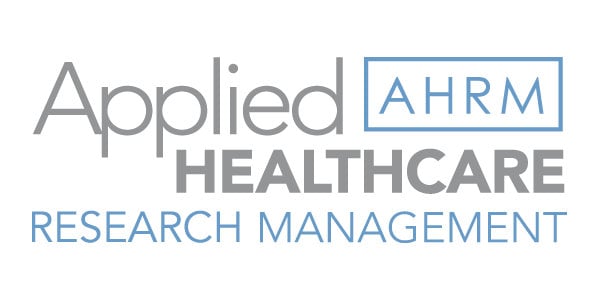A near-constant headline over the past several years has been the rising cost of healthcare, whether referring to a hospital visit, a novel (or—in some cases—existing) pharmaceutical compound, or cutting-edge surgical procedures. As medical technologies become more advanced, the cost of research and development increases; while at the same time, the economic impact of interventions on payers (whether governmental, commercial, or individual) is a serious concern. How is it possible to balance these forces pushing and pulling on the economic proposition of a medical intervention?
In nearly every developed market, Health Technology Assessment (HTA) agencies are tasked with trying to understand the clinical and economic impact of healthcare interventions. These agencies may be government bodies (such as NICE in the UK and CADTH in Canada) or private institutions (such as ICER in the USA). In any case, they all seek to develop quantitative evaluations of the clinical benefit and economic impact of healthcare interventions. Their evaluations may be directly or indirectly used by payers to influence access or pricing of interventions. Thus, the economic endpoints of budget holders now represent a significant influence on the market access of a medical intervention in addition to the regulatory bodies that over-see clinical endpoints.
With this in mind, companies working to develop healthcare interventions are now tasked with demonstrating a value proposition focused on defensible data-driven pricing. In practice this means performing research that can establish clinical and real-world evidence in support of the pricing for the intervention, and that the economics of the intervention fit within guidelines of the various HTA and the payers they may represent. Accomplishing this requires consideration of health-economic endpoints earlier in the R&D cycle of an intervention so that data such as patient-reported outcomes or other quality-of-life measures can be collected and used to develop defensible and data-driven pricing. In AHRM’s experience, including these data points in Phase II-IV studies is becoming more and more important. In the end, the goal is to anticipate the findings of HTA agencies and develop an early clinical and economic strategy that will minimize friction.
Bringing an intervention to market without a serious data-driven pricing strategy presents a difficult situation, and doing so opens the door for significant influence of HTA agencies in how the intervention is priced and in some cases if the intervention is granted access or reimbursement in that market at all. There are no shortage of instances in which budget holders simply say that an intervention is too expensive for the clinical benefit it provides and subsequently limiting access.
It is important to note that there is no upper-limit on absolute cost of an intervention. In repeated discussions with HTA and payers, we have learned that expensive treatments and medications are certainly acceptable, but that they must be worth the cost. Interventions costing over USD $1M are no longer a hypothetical, but in order to warrant that price the intervention must deliver a tremendous improvement over the standard-of-care: interventions seeking a premium price should present research that shows a premium benefit to patients and payers.
AHRM’s familiarity with HTA evaluations can provide insight into what analyses they will be looking to perform, what endpoints may be useful to demonstrate patient impact, and how to correspond with HTA about these matters. The ability for AHRM to predict the likely outcomes of HTA evaluations can provide an edge for companies developing a novel intervention or looking to expand access.
For further information or discussion, please contact:
Raf Magar, MBA
+1-919-758-8203
